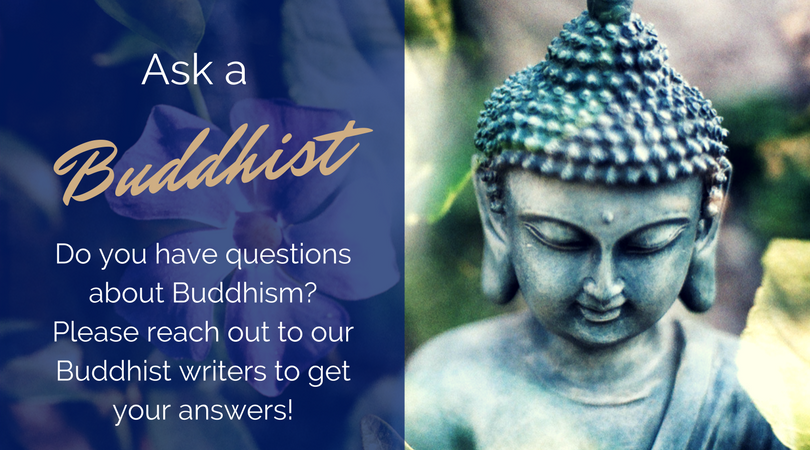Ask A Buddhist: What is Dukkha?
What do you want to ask a Buddhist? Fill out the form below or submit your question online.
“What does duḥkha really mean? If duḥkha is suffering and craving causes duḥkha then if I become a Buddhist, am I not craving an alternative to duḥkha ?”
When Shakyamuni Buddha first taught the Four Truths, he said that true duhkha is to be understood; the true origins of duhkha are to be abandoned, true cessations are to be actualized and true paths are to be cultivated. We might assume we already understand true duhkha, and wonder what more the Buddha is encouraging us to know or understand about it.
Duhkha is often translated as suffering, and so it’s understandable that most people assume duhkha is limited to the physical and mental suffering that we all experience. This is one type of duhkha called the duhkha of pain. But a more encompassing translation of the Sanskrit word duhkha is unsatisfactoriness, the unsatisfactory circumstances of our lives in this cycle of recurring problems such as birth, aging, sickness and death.
A more subtle level of duhkha that is much more difficult to recognize is called “the duhkha of change.” The ordinary happiness and pleasure we experience is impermanent; it does not last forever. Also the things that bring us pleasure also bring pain if we have too much of them. So we’re constantly trying to get enough of the things that seem to bring us pleasure without having too much such that it turns into pain.
For instance, most people enjoy eating pizza, but if we eat too many slices, we experience the discomfort of a stomachache. If we stream our favorite song too many times, aversion begins to arise for that music instead of pleasure. Sleeping is necessary and beneficial for our health, but if we sleep too much we become stiff, uncomfortable and groggy. Everything is like this as long as our minds are under the influence of craving. There is nothing wrong with enjoying worldly pleasure. The Buddha never said pleasure is bad, but he did advise us to let go of unrealistic attachment and craving for things that exaggerate the happiness and pleasure they can provide.
As for your second question, instead of saying that we “crave” an alternative to duhkha, it might be more appropriate to say that we “desire” an alternative to duhkha—we desire to be free of suffering and dissatisfaction in our lives. The word desire can be used in relation to virtuous and non-virtuous actions, whereas craving is usually considered a destructive emotion. This might seem like semantics but is in line with how the Buddha used these words in his teachings. Better yet is to say we aspire to have an alternative to duḥkha.
Also, if we compare the quality of craving we have for sense pleasures like delicious food, a new smart phone or car, praise and reputation, or sex, would you say that craving has a different feeling tone to “aspiring for” Dharma knowledge that will help us overcome our experiences of suffering and dissatisfaction? It does for me.
I hope this begins to answer your question and if you’re interested in learning more, I highly recommend a book called “Samsara, Nirvana, and Buddha Nature” by His Holiness the Dalai Lama and Bhikshuni Thubten Chodron which addresses this topic is great detail.
https://form.jotform.com/form/82645103139150






